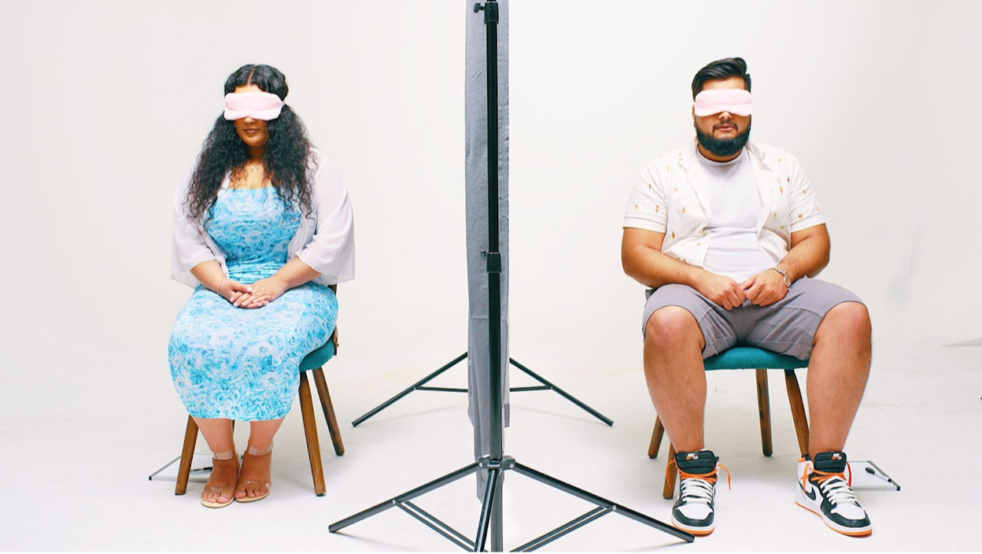Dating is no rare topic in pop culture, from the unending “Bachelorette” series to the revival of the hot topic of “Love Island.” Whether looking at social media or network channels, dating shows are seen across all platforms ready to dazzle viewers with promises of “new” and “shocking” approaches to dating in the 21st century.
After looking through all the choices, it is clear every show follows the same general format. Usually, the show follows one man or woman meeting their so-called love of their life based on a minute-long impression.
These shows, although entertaining, lack authenticity and especially culture. With a cast of almost all-white contestants varying only in accent or haircut, these dating shows defined only a small fraction of the audience.
This is where PopShift decided to change the game — literally. Not only was the PopShift created to change the notion of ‘culture’ in pop culture but also to become a source of true representation.
Where other dating shows fall flat, PopShift’s South Asian dating show “Desi Me Dating” hits the audience with the real side of dating: all the fun, awkward and terrible moments that reflect a real date.
With the explosive popularity of its first season released this past January, PopShift released season two of this social media craze at the end of September. Unlike the stereotypical dating shows, “Desi Me Dating” opens the door into South Asian dating within a Western-influenced world.
Audiences are used to a clearly painted, primarily Western idea of dating and commonality.
Participants get to show their true selves without having to hide their culture or expect to sacrifice parts of themselves to fit a socially-created mold.
The first episode of season two follows Ankush and Kiran on their first blind date. Rather than beginning with a slow-motion camera panning over Kiran entering a room dressed to the nines set on blowing Ankush away with her beauty, “Desi Me Dating” takes a realistic approach to every episode.
Both Ankush and Kiran are interviewed to reveal their emotions before even beginning. The authenticity that flows through every un-scripted answer invites the audience into the experience.
Rather than a face-to-face conversation polarized by appearances and routine small talk, PopShift’s founder Raghu Alla spoke to reality. Kiran and Ankush were seated next to each other but separated by a sheet. This way, both answers would be unfiltered based on assumptions or attempts to impress the other. Despite this separation, PopShift did not stray from tackling the risque and taboo subjects. As an uncommercialized series, “Desi Me Dating” manages to entertain while relating to anyone who has ever gone on a date.
There is no promise of true love or commitment to marriage. Each episode invites two people to get to know each other on an entertaining date while showing the ups and downs of first-meets.
When asked about his plans for PopShift and the show’s future, Raghu Alla shared his dream for PopShift: “I see it being the MTV of the 90s for our South Asian culture. There are a lot more stories to tell and we will continue to find new ways to experiment, innovate and entertain our audience for years to come.”
With plans to share South Asian stories from other countries, “Desi Me Dating” has a bright future shining a light on both South Asian representation as well as honest media.
